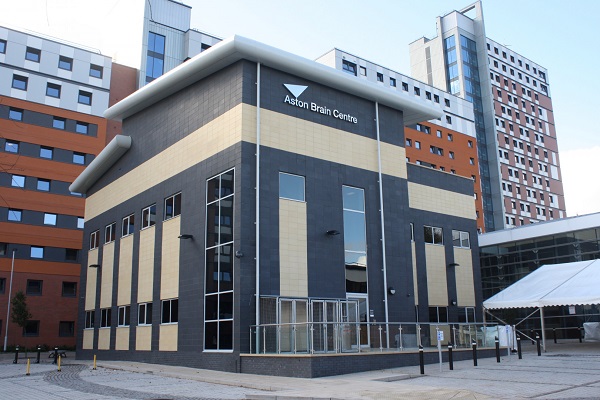Aston University: From gobbledygook to goblins- how a child learns to crack the written code – livestreamed public lecture
Aston Institute of Health and Neurodevelopment (IHN) will host a livestreamed public lecture in the series Molecules to Minds on Aston University’s digital channel Aston Originals on Thursday 3 November 2022.
Dr Laura Shapiro, a reader in psychology, will present her lecture ‘From gobbledygook to goblins: how a child learns to crack the written code’. Laura will reveal the hurdles and fortunes on the journey from spoken to written language and will discuss how our experience of learning to read changes the way we learn forever.
Dr Shapiro’s research focuses on the causes and consequences of children’s language and literacy development and is shaped both by fundamental scientific questions and by the concerns of practitioners and policymakers.
The lecture will be co-presented with James McTaggart from the Highland Council, Scotland and hosted by Professor Jackie Blissett, co-director of IHN.
Laura said: “Most adults take reading for granted, yet for a beginner reader, writing is just gobbledygook. The ability to crack the written code underpins all subsequent learning and provides the key to discovering new worlds and fictional friends.”
After the livestreamed lecture, Dr Shapiro and guests will host a Q&A and round table discussion, where audience members can address researchers with their questions.
The panel includes a variety of guests: James Cook, headteacher at Cawdor Primary, Scotland, Roxanne Mahroof, a parent and Dr Pamela Wadende a senior lecturer in education at Kisii University, Kenya.
Dr Shapiro added: “Being able to read is like a key to the adult world: it underpins our ability to learn. Our research shows that strong language skills are needed to learn to read, and the journey to mastery is a long one.
“The good news is that getting better at reading helps you learn more from each thing you read, and in turn spurs you to read more widely. Warning: reading can be addictive.”
The lecture is targeted at anyone interested in literacy development in children and young people, including academics, teachers, parents and young people themselves.

